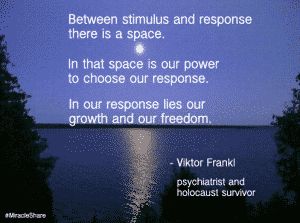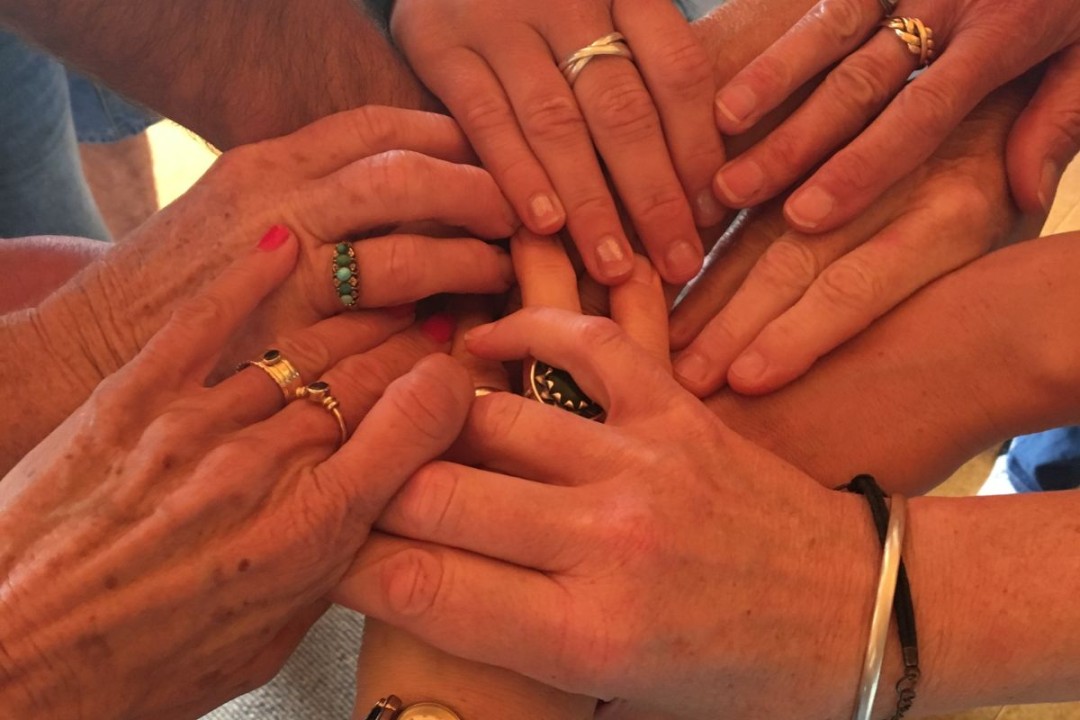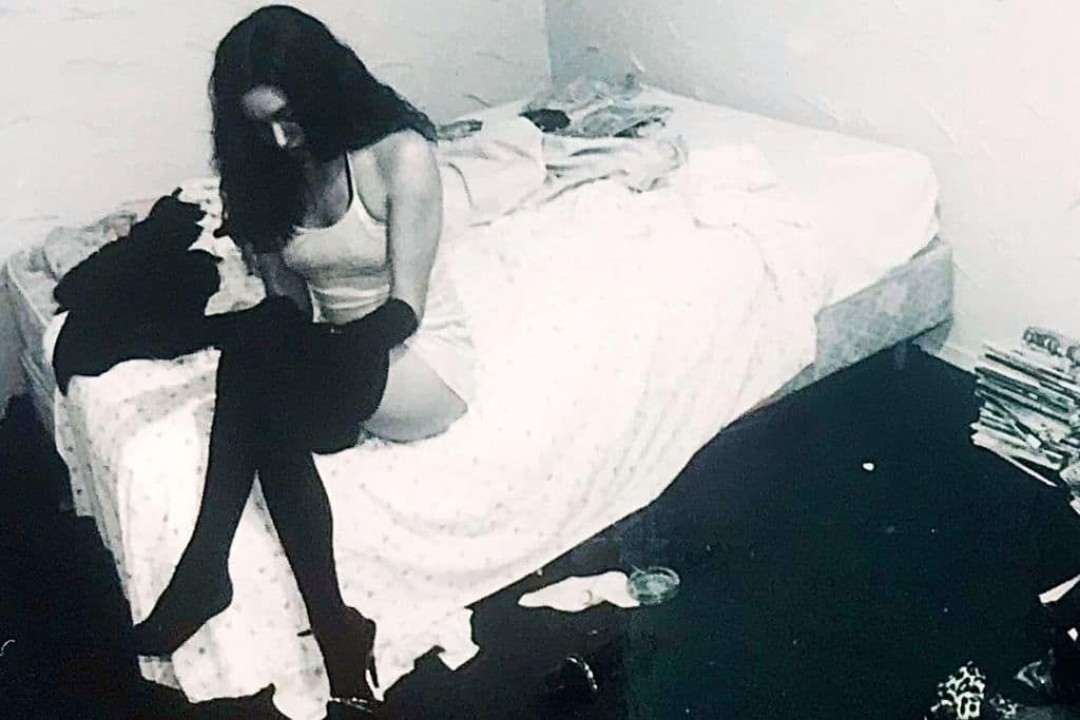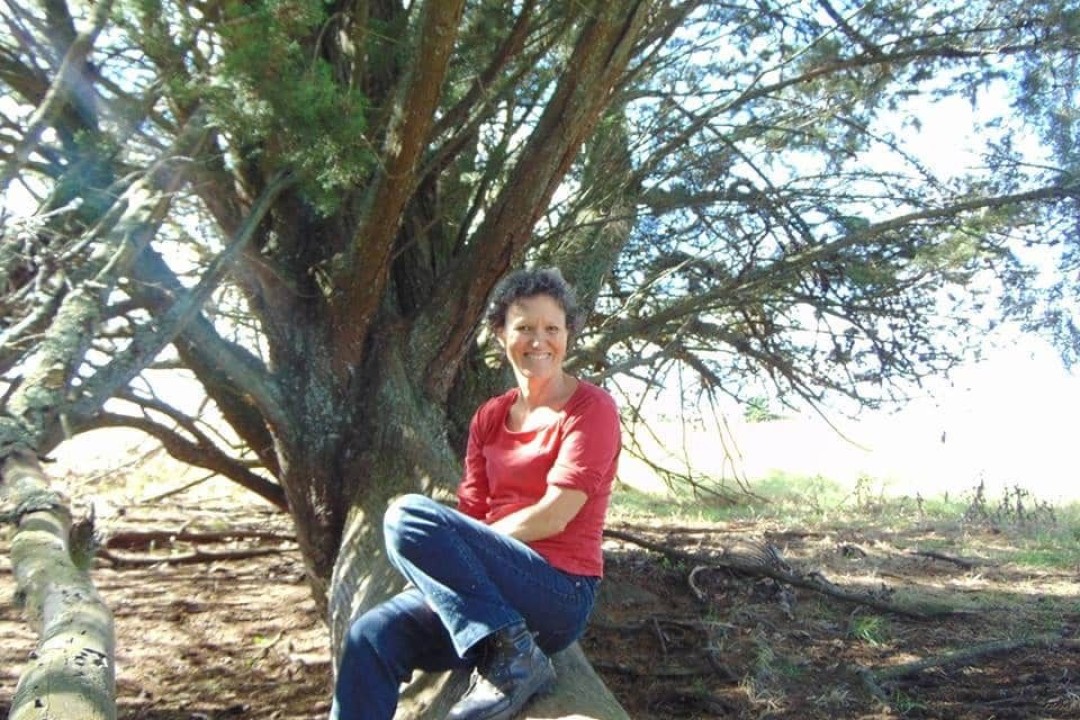Ask An Expert: Cheryl (Mindfulness teacher)
March 8th, 2017 Interviews 8 comments
Today’s expert is Cheryl – a mindfulness practitioner who runs courses and retreats through her company Mindfulness 4u.
============
Mrs D: How did you get into this line of work?
Cheryl: I was in a therapy/coaching role and went to a mindfulness workshop to learn how I could use mindfulness with my clients. I had learnt a meditation technique when I was young that helped me get to my happy place when the going got tough. I thought mindfulness would be similar but I came to realise it was radically different. Instead of escaping reality mindfulness taught me how to stay with the present moment. Perfect so that I wouldn’t miss all the magic moments of my life, but I wondered why on earth I would want to stay with the present moment when life was difficult. Now I realise the present moment is the only moment I get the power to choose my response rather than to react out of habit. I had missed so much of my life overworking, over analysing, controlling, drinking, blaming etc to save me having to face what was real for me and make the necessary changes. The Mindful approach has transformed my life and the lives of many who I have worked with. It takes courage to be real and present but the outcome is well worth it.
Mrs D: What is mindfulness?
Cheryl: Mindfulness involves paying attention to our present moment experience in a curious and non-judging way; this allows us to become more engaged in life. The benefits of mindfulness are a natural result of this engagement.
Mrs D: ‘Paying attention to our present moment experience’ that sounds simple, so why is it so hard to do?
Cheryl: It is hard to do because we have spent so many years living mindlessly on autopilot.
Mrs D: Is Mindfulness something you can read a book about or do a course on and then just ‘have it’? Or is it something you need to keep practicing daily?
Cheryl: If you want to be fit you need to exercise, if you want to be mindful you need to practise. To truly know what mindfulness is you have to experience it.
Mrs D: Does mindfulness get easier the more you do it?
Cheryl: It becomes easier to remember to be mindful once it becomes a routine part of your day, just like brushing your teeth. In terms of whether mindfulness itself becomes easier, I find it hardest to do when I need it the most!
Mrs D: Many of the people here at Living Sober are in the early stages of recovery and their minds are consumed with addictive thoughts. How can mindfulness help them to break out of these thought patterns?
Cheryl: Mindfulness practise helps us accept that these addictive thought patterns will continue and realise that we have the choice as to how to respond to these thoughts. What we resist persists, so by allowing and accepting these thoughts, in a kind and non-judging way we start to see them for what they are…simply thoughts. As we learn to drop any story attached to them, they become disempowered.
Mrs D: Ok that sounds a bit more complicated!
Cheryl: To be honest mindfulness is such a big topic it is always a challenge to express it in written words as it requires a human element and intuition of the people in front of me to do it justice.
Mrs D: Could you recommend a simple mindfulness technique that our members could try?
Cheryl: When you feel that intense discomfort that arises when you cannot act on your craving try this RAIN technique:
R – Recognise the feeling and label it.
A – Accept that it is ok to feel that way. Don’t fight it, resist or judge it.
I – Investigate the body sensations associated with the craving. Be kind and curious.
N – Non identify. Change ‘ I am craving a drink’ to ‘I am experiencing a craving passing through me’.
This practise helps us to realise the craving is just a series of body sensations .. and that realisation allows us to respond rather than react to the craving.
Mrs D: Do you have any particular resources (books or talks etc) that you recommend?
Cheryl: Anything by Jon Kabat–Zinn. This TED talk by Judson Brewer on mindfulness and addiction is also really interesting.
Mrs D: What impact has mindfulness had on your own life?
Cheryl: The impact has been profound and has affected every area of my life. The relationship I have with myself, my life and others has improved dramatically. I am now living more in accordance with what I value. Mindfulness has helped me extend the space between stimulus and response. I feel I can function better as a human being.
Mrs D: How do you see it impacting on the lives of the people you teach?
Cheryl: Those who persevere are often astounded by the results.
Mrs D: Do you think mindfulness is growing in popularity? Is this a good thing? Why?
Cheryl: Yes. There is a real feeding frenzy for mindfulness at the moment. Anything that makes people happier, less stressed and more authentic must be good.
Mrs D: What’s the best thing about your job?
Cheryl: The people I get to work with. There are many online courses available but in my experience it is essential to have the human contact when learning Mindfulness.

======
Cheryl is based in Wellington and is offering a 10% discount to Living Sober members keen to do a Mindfulness4u course. Simply add the promo code “helpful” when booking online.
Continue reading
10 Years of Living Sober - Original members speak
One of the most delightful things about Living Sober is the strong connection the people who join our community feel with the site and other members.
August 6, 2024 – 4 comments
Dear Ninakaye
"You don’t know me (yet!) but I know you and love you dearly – I am your Future Self."
June 3, 2024 – 10 comments
Divine Intervention
This guest post comes from Katrina Tanirau, a journalist living in Matamata.
September 18, 2016 – 23 comments
Sober Story: Glennis
This week’s Sober Story comes from Glennis, a 58-year-old living in Wanganui.
November 24, 2018 – 8 comments


